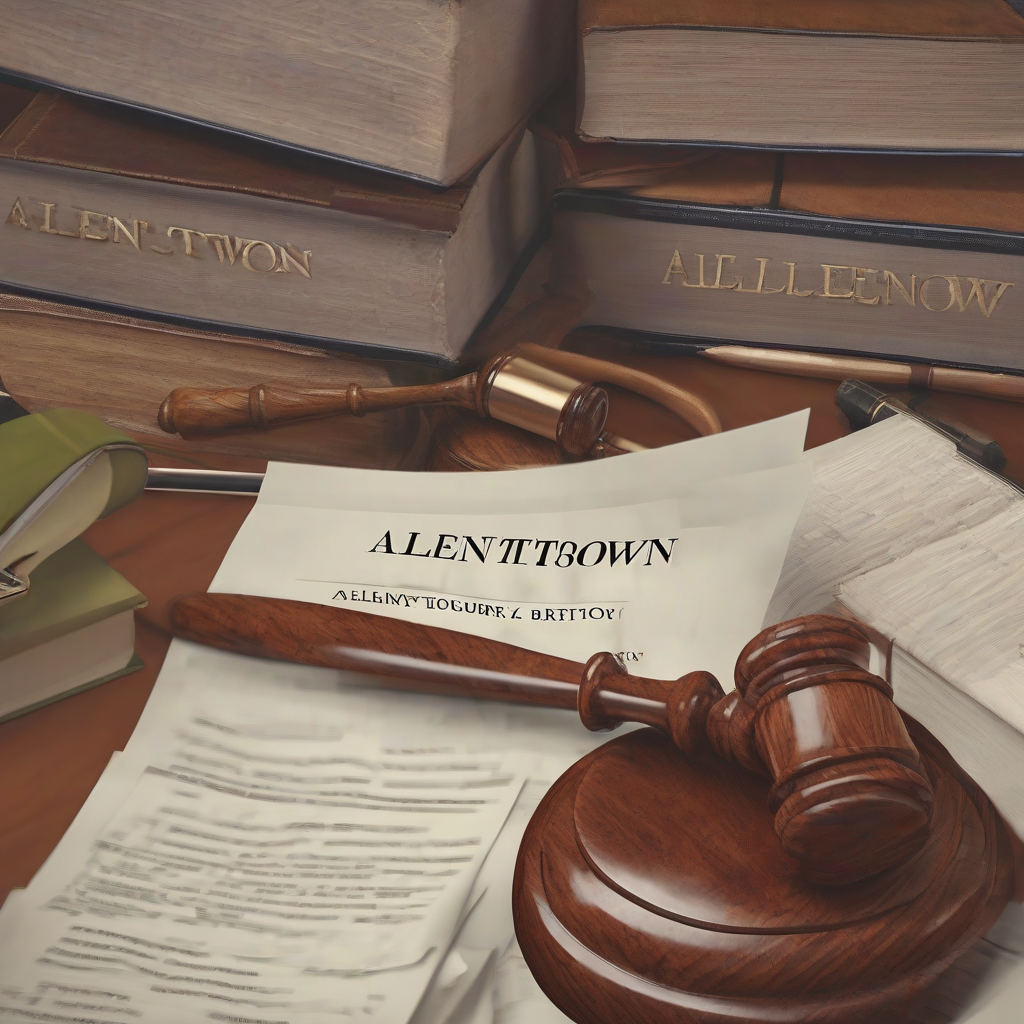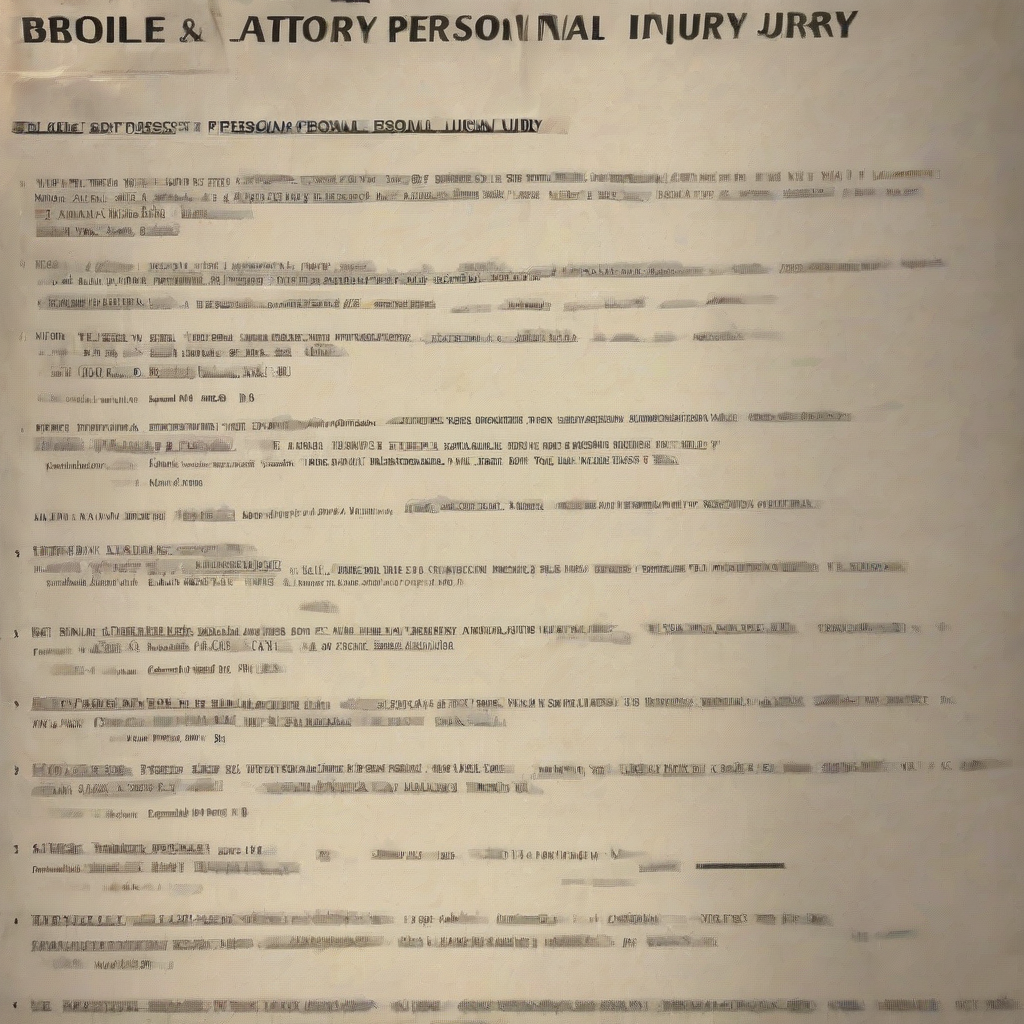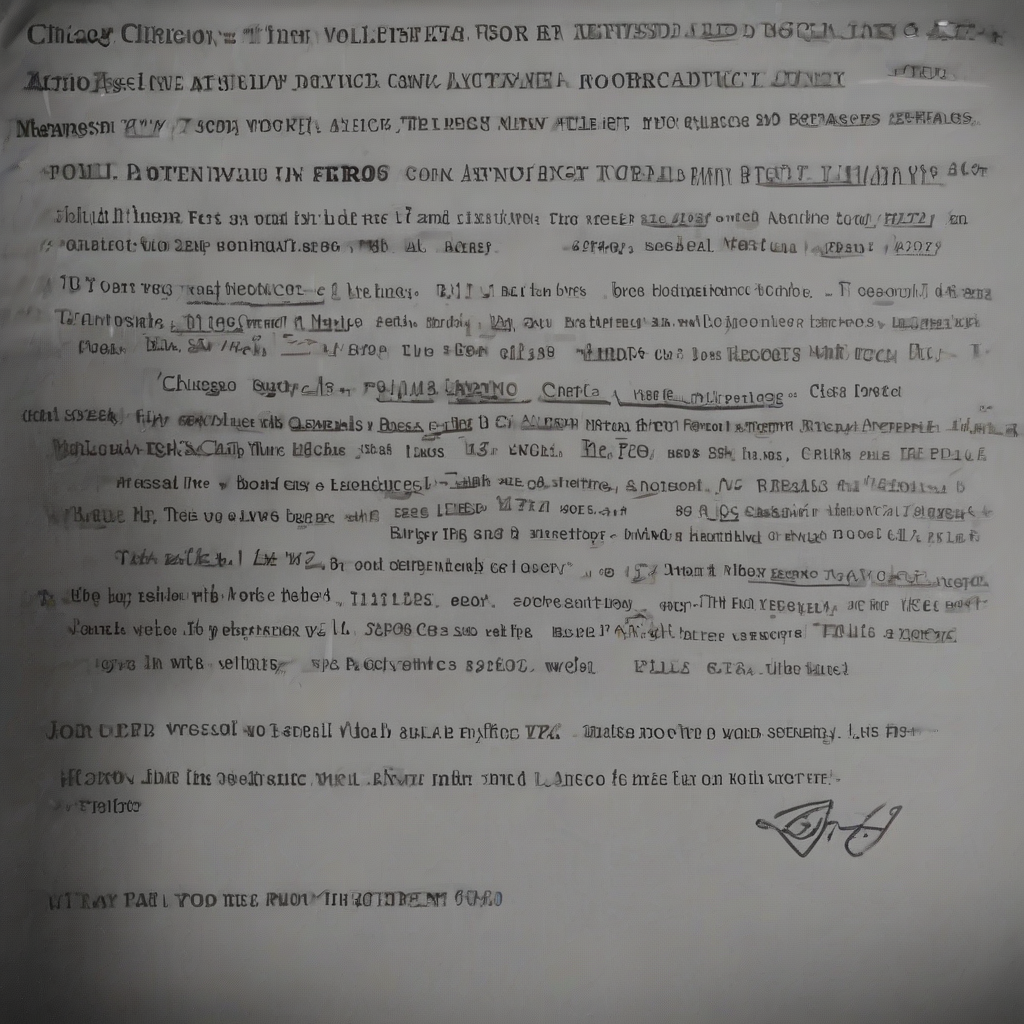Finding the Right Auto Attorney Near You: A Comprehensive Guide
Being involved in a car accident can be a traumatic experience, leaving you dealing with physical injuries, property damage, and the complex legal processes that follow. Navigating this challenging situation alone can feel overwhelming. This is where an experienced auto attorney can make a significant difference. This guide will help you understand how to find the right auto attorney near you, ensuring you receive the best possible legal representation.
Understanding Your Need for an Auto Attorney
Before you start your search, it’s crucial to understand when you might need an auto attorney. While some minor accidents can be resolved directly with insurance companies, many situations require legal expertise. Consider seeking legal counsel if:
- You sustained serious injuries requiring extensive medical treatment.
- The other driver is uninsured or underinsured.
- The accident resulted in significant property damage.
- The insurance company is denying your claim or offering an unfairly low settlement.
- You are unsure about your legal rights and responsibilities.
- The accident involved multiple vehicles or parties.
- There are disagreements about fault or liability.
- You have pre-existing conditions that may complicate your claim.
Strategies for Finding “Auto Attorney Near Me”
Finding a qualified auto attorney starts with effective searching. Here are some key strategies to employ:
1. Online Searches:
Online search engines are a powerful tool. However, simply typing “auto attorney near me” might yield a vast number of results. Refine your search by adding specifics:
- “Auto accident lawyer [your city/zip code]”
- “Personal injury attorney specializing in car accidents [your city/zip code]”
- “Car accident lawyer near me with high ratings”
- “Best auto accident attorney [your state]”
Pay close attention to the law firm’s website. Look for information on their experience with auto accident cases, client testimonials, and case results.
2. Legal Directories and Referral Services:
Many online legal directories and referral services vet attorneys and provide ratings and reviews. These can help you narrow your options and identify reputable firms:
- Avvo
- Martindale-Hubbell
- FindLaw
- Justia
- State Bar Associations
Check for attorney ratings, client reviews, disciplinary actions, and areas of specialization.
3. Referrals from Trusted Sources:
Personal recommendations from friends, family, or colleagues who have had positive experiences with auto attorneys can be invaluable. Ask for referrals and inquire about their experiences with the attorney’s communication, responsiveness, and overall effectiveness.
4. Local Bar Associations:
Your local bar association can provide a list of attorneys in your area who specialize in personal injury law. These organizations often have disciplinary procedures in place, ensuring some level of professional accountability.
Evaluating Potential Auto Attorneys
Once you have a shortlist of potential attorneys, carefully evaluate their qualifications and suitability for your case:
1. Experience and Specialization:
Look for attorneys with extensive experience handling auto accident cases. Specialization in personal injury law is a significant advantage. Experience handling cases similar to yours will ensure they are well-versed in the relevant laws and procedures.
2. Client Testimonials and Reviews:
Read online reviews and testimonials from previous clients. Pay attention to their comments on the attorney’s communication, responsiveness, professionalism, and overall effectiveness in handling their cases. Look for patterns in positive and negative feedback.
3. Case Results:
Explore the attorney’s track record. While past results don’t guarantee future success, they provide an indication of their ability to achieve favorable outcomes for their clients. Inquire about their success rate in similar cases.
4. Communication and Responsiveness:
Effective communication is crucial. Choose an attorney who is responsive to your inquiries and keeps you informed throughout the legal process. Schedule consultations to assess their communication style and see if you feel comfortable working with them.
5. Fees and Payment Options:
Most personal injury attorneys work on a contingency fee basis, meaning they only get paid if they win your case. Understand the attorney’s fee structure, including any additional costs involved. Clarify the payment terms and ensure you are comfortable with the arrangement.
6. Consultation Process:
Most attorneys offer free initial consultations. Use this opportunity to ask questions about their experience, strategy, and approach to your specific case. This is your chance to assess their suitability and establish a rapport.
Questions to Ask Potential Auto Attorneys
During your consultations, ask these important questions:
- What is your experience handling cases similar to mine?
- What is your success rate in these types of cases?
- How will you handle communication with me throughout the process?
- What is your fee structure, and what costs can I expect?
- What is your strategy for handling my case?
- How long do you anticipate the case will take?
- What are the potential outcomes of my case?
- How will you deal with the insurance company?
- Can you provide references from previous clients?
- What is your approach to settlement negotiations?
Understanding the Legal Process
Having a general understanding of the legal process will help you better evaluate an attorney’s advice and strategy. Be prepared to discuss the specifics of your accident, including:
- Date, time, and location of the accident.
- Details of the accident itself.
- Injuries sustained.
- Medical treatment received.
- Property damage.
- Witnesses to the accident.
- Police reports (if available).
- Insurance information.
Beyond the Initial Search: Ongoing Communication
Even after you’ve chosen an attorney, maintaining open communication is vital. Regularly check in on the progress of your case, ask questions if you have concerns, and provide any necessary updates or information promptly.
Conclusion (Omitted as per instructions)



